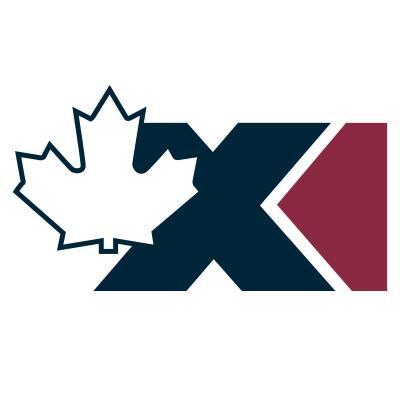
TORONTO — Most Canadian voters are probably aware of some of the country’s smaller political parties, such as the farcical Rhinoceros Party and the single-issue Marijuana Party. But what about the Pirate Party of Canada or the Bridge Party of Canada? How about the Party for Accountability, Competency and Transparency?
We’re guessing that, like Cartt.ca, even the most politically engaged Canadians may not be familiar with the majority of the 23 federal political parties registered currently in Canada. But thanks to a recent decision by the Broadcasting Arbitrator, lesser-known political parties will have access to a minimum of 10 minutes of TV and radio airtime come the next federal election.
Under section 335 of the Canada Elections Act, every Canadian broadcaster is required to make available for purchase a total of 390 minutes of airtime to registered political parties in each federal general election. In addition, a certain number of broadcasters, such as CBC/Radio-Canada and TVA, are required to give free airtime to registered political parties. The total number of mandated minutes is allocated among all of the political parties based on a formula used by the Broadcasting Arbitrator that takes into account various factors, such as the percentage of parliamentary seats and popular vote garnered by parties in the previous election, plus the number of candidates endorsed by each of the parties as a proportion of all candidates.
To be fair to newly formed parties and smaller parties in general that have not gained seats in the House of Commons, the Broadcasting Arbitrator has in the past adopted a modified allocation approach that resulted in each party receiving a minimum allocation of airtime. Previously, under this modified allocation approach, one third of the available airtime was allocated equally among the registered political parties.
In his most recent decision, the Broadcasting Arbitrator has opted to increase the amount of airtime to be allocated equally among the parties from one third of the available time to one half of the time. Peter Grant, the Broadcasting Arbitrator, wrote that the number of different political parties now registered in Canada factored into his decision to adopt the new “50/50 modified approach” to the airtime allocation formula.
As a result, the smallest parties in Canada now will be able to purchase a minimum of eight minutes and 30 seconds of airtime from Canadian TV and radio broadcasters during the next federal election. In addition, these political parties will be able to access at least one minute and 30 seconds of free airtime from French language private broadcasters TVA and V Télé, plus up to two minutes and 30 seconds of free radio time and four minutes and 30 seconds of free TV time on CBC/Radio-Canada’s networks.
Based on their success in the last federal election, Canada’s major political parties will have access to larger allocations of airtime when they campaign in the next election. In the case of the Liberal Party of Canada, it will be able to purchase at least 90 minutes of ads from TV and radio broadcasters and be given 91 minutes of free airtime split across the CBC/Radio-Canada and TVA/V Télé networks. The Conservative Party of Canada has been allocated 64 minutes and 30 seconds of paid airtime and 65 minutes and 30 seconds of free airtime, while the New Democratic Party will be able to purchase 42 minutes of airtime and access 42 minutes and 30 seconds of free airtime.
The Broadcasting Arbitrator’s full decision and the allocation of broadcast ad time can be seen here.



